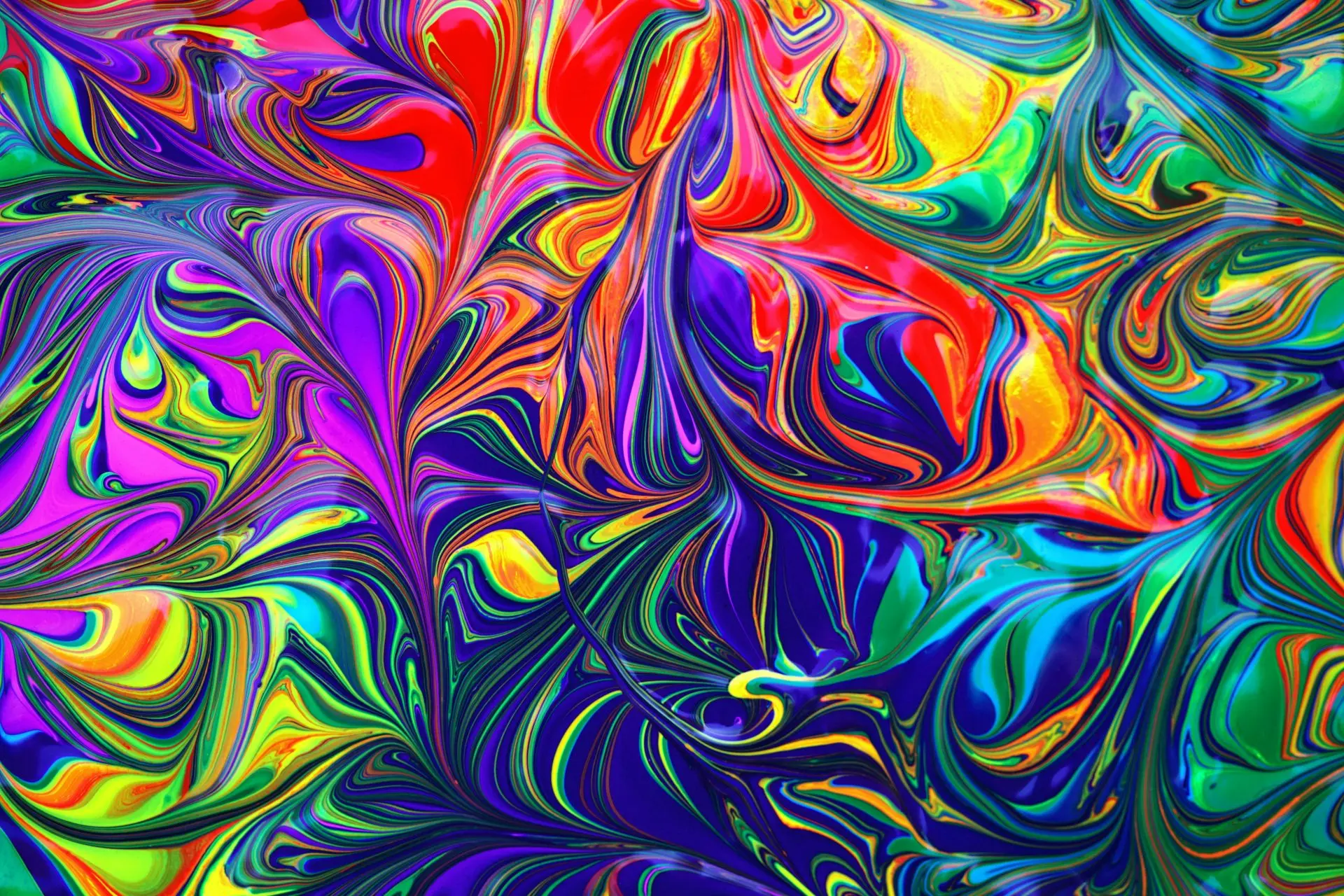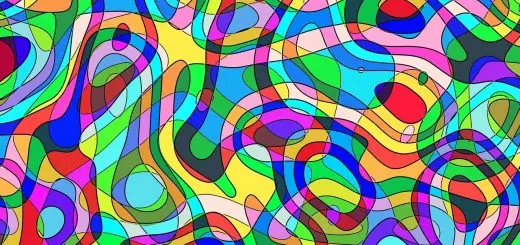Ylang Ylang Yields: Aromatherapy for Sensuality

Looking for more amazing products? Check out our online store and explore our collection here! Happy shopping!
Before diving in, please note: This post is for informational purposes only. If you’d like to know more about how we approach topics, feel free to check out our friendly Disclaimer Page.
Hey there, amazing readers! 
We’re committed to delivering quality posts, and your support (even just sticking around despite the ads) means everything to us. So, bear with us, and thanks for helping us keep the good vibes rolling. Now, on to the fun stuff!
TRANSLATE BUTTON AT THE END OF THE ARTICLE
Introduction to Ylang Ylang Yields
Ylang Ylang essential oil is renowned for its exotic fragrance and numerous therapeutic benefits.
Derived from the beautiful flowers of the Cananga odorata tree, this oil has been used for centuries in traditional medicine and aromatherapy.
One of its most intriguing qualities is its ability to enhance sensuality, making it a popular choice for those seeking to ignite passion and intimacy in their lives.
In this article, we will explore the history of Ylang Ylang, its benefits in aromatherapy, its connection to sensuality, how to use it effectively, and much more.
The History of Ylang Ylang
The history of Ylang Ylang dates back to ancient times, where it was highly valued for its intoxicating scent and therapeutic properties.
Native to the tropical regions of Asia, particularly Indonesia and the Philippines, Ylang Ylang has been a staple in traditional medicine for generations.
Its name, which means "flower of flowers," reflects its delicate and exquisite aroma.
In the 20th century, Ylang Ylang gained popularity in the Western world for its use in perfumery and aromatherapy, where its sensual qualities were discovered and embraced.
Benefits of Ylang Ylang Aromatherapy
Ylang Ylang essential oil is packed with a myriad of benefits that make it a must-have in any aromatherapy collection.
Some of its key benefits include:
Mood enhancement: Ylang Ylang is known to help reduce feelings of stress, anxiety, and depression, promoting overall emotional well-being.
Aphrodisiac properties: The oil’s exotic aroma has been linked to increased libido and arousal, making it a popular choice for couples looking to spice up their love life.
Skincare: Ylang Ylang is beneficial for skin health, helping to balance oil production, reduce inflammation, and promote a clear complexion.
Hair care: When added to hair products, Ylang Ylang can help nourish the scalp, strengthen hair follicles, and promote healthy hair growth.
Sensuality and Ylang Ylang
Ylang Ylang is often associated with sensuality and passion due to its exotic fragrance and aphrodisiac properties.
When used in aromatherapy, the oil can help create a romantic and intimate atmosphere, making it ideal for couples looking to connect on a deeper level.
Its sweet, floral scent is believed to stimulate the senses and evoke feelings of love and desire.
Whether used in a massage oil, diffuser blend, or bath soak, Ylang Ylang can help ignite the flames of passion and enhance sensuality in relationships.
How to Use Ylang Ylang for Sensuality
There are various ways to incorporate Ylang Ylang into your routine to enhance sensuality:
Diffusion: Add a few drops of Ylang Ylang oil to a diffuser to fill the room with its exotic aroma and create a romantic ambiance.
Massage: Mix Ylang Ylang with a carrier oil like coconut or jojoba and use it for a sensual massage to promote relaxation and intimacy.
Bath: Add a few drops of Ylang Ylang to your bathwater for a luxurious and sensual experience that will leave you feeling pampered and rejuvenated.
Perfume: Create your own sensual perfume by blending Ylang Ylang with other essential oils like jasmine, sandalwood, or rose for a unique and alluring scent.
Ylang Ylang Essential Oil Recipes
Here are some simple recipes to try with Ylang Ylang essential oil:
Sensual Massage Oil:
Romantic Bath Blend:
- 1 cup of Epsom salts
5 drops of Ylang Ylang
3 drops of Sandalwood
Add to your bath for a sensual and relaxing soak.
Precautions When Using Ylang Ylang
While Ylang Ylang is generally safe for most people, there are a few precautions to keep in mind:
Dilution: Always dilute Ylang Ylang with a carrier oil before applying it to the skin to avoid irritation.
Sensitive skin: Individuals with sensitive skin may want to do a patch test before using Ylang Ylang to ensure they do not have an adverse reaction.
Pregnancy: Pregnant women should consult with a healthcare provider before using Ylang Ylang, as some essential oils may not be safe during pregnancy.
Children: Keep Ylang Ylang out of reach of children and consult with a pediatrician before using it on young ones.
Where to Find Ylang Ylang Products
Ylang Ylang essential oil and products can be found in health food stores, aromatherapy shops, and online retailers.
When purchasing Ylang Ylang oil, make sure to choose a reputable brand that sells high-quality, pure essential oils.
Look for organic and sustainably sourced products to ensure you are getting the best quality and supporting ethical practices.
Ylang Ylang in Traditional Medicine
In traditional medicine, Ylang Ylang has been used for a variety of purposes, including:
Reducing inflammation: Ylang Ylang oil has anti-inflammatory properties that can help alleviate pain and swelling.
Improving circulation: The oil is believed to promote blood flow and circulation, which can benefit overall health and well-being.
Easing digestion: Ylang Ylang may help soothe digestive issues like bloating, gas, and indigestion when used in aromatherapy or massage.
Sustainable Ylang Ylang Harvesting
Sustainable harvesting practices are essential to protect the environment and ensure the longevity of Ylang Ylang trees.
By harvesting the flowers responsibly and supporting ethical sourcing methods, we can help preserve this precious resource for future generations.
Look for products that are sustainably sourced and environmentally friendly to make a positive impact on the planet.
The Science Behind Ylang Ylang’s Effects
The effects of Ylang Ylang on sensuality and well-being can be attributed to its chemical composition, which includes compounds like linalool, geranyl acetate, and benzyl acetate.
These compounds have been shown to have mood-boosting, aphrodisiac, and relaxing properties when inhaled or applied to the skin.
Studies have also suggested that Ylang Ylang may help reduce stress, anxiety, and cortisol levels, further enhancing its benefits for sensuality and overall emotional health.
Conclusion: Embracing Sensuality with Ylang Ylang
In conclusion, Ylang Ylang essential oil is a versatile and potent tool for enhancing sensuality and promoting emotional well-being.
Its exotic aroma, aphrodisiac properties, and numerous therapeutic benefits make it a valuable addition to any aromatherapy routine.
By exploring the history of Ylang Ylang, understanding its benefits, and learning how to use it effectively, you can unlock its full potential and embrace a more sensual and intimate lifestyle.
Whether you choose to diffuse it, massage with it, or add it to your bath, Ylang Ylang has the power to ignite passion and enhance the senses, making it a truly remarkable essential oil for sensuality.

The Enlightenment Journey is a remarkable collection of writings authored by a distinguished group of experts in the fields of spirituality, new age, and esoteric knowledge.
This anthology features a diverse assembly of well-experienced authors who bring their profound insights and credible perspectives to the forefront.
Each contributor possesses a wealth of knowledge and wisdom, making them authorities in their respective domains.
Together, they offer readers a transformative journey into the realms of spiritual growth, self-discovery, and esoteric enlightenment.
The Enlightenment Journey is a testament to the collective expertise of these luminaries, providing readers with a rich tapestry of ideas and information to illuminate their spiritual path.
Our Diverse Expertise
While our primary focus is on spirituality and esotericism, we are equally passionate about exploring a wide range of other topics and niches 

To ensure we provide the most accurate and valuable insights, we collaborate with trusted experts in their respective domains 
Our blog originally focused on spirituality and metaphysics, but we’ve since expanded to cover a wide range of niches. Don’t worry—we continue to publish a lot of articles on spirituality! Frequently visit our blog to explore our diverse content and stay tuned for more insightful reads.
Hey there, amazing reader! 
Check out our store here and take a peek at some of our featured products below! Thanks for being awesome!












